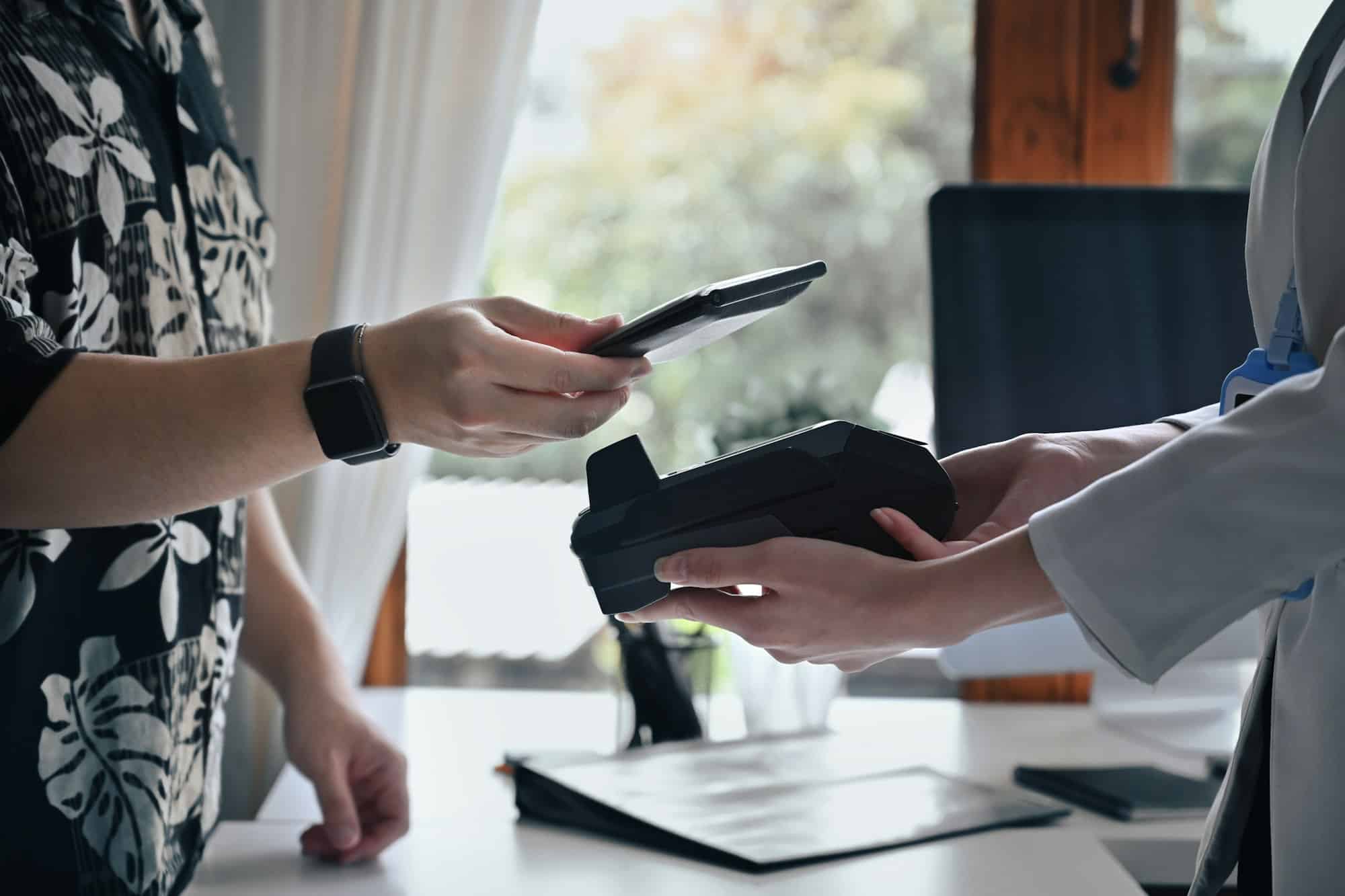The UK hospitality industry is currently undergoing a significant shift, driven by advancements in technology and changing customer expectations. With the prevalence of mobile devices and the surge of digital transformation in all aspects of daily life, the traditional method of providing guest services in hotels is rapidly evolving.
The transition towards contactless services is not merely a trend but a necessity in the hospitality industry. This shift can enhance the guest experience, streamline operations, and ensure safety in these health-conscious times. Here, we will delve into the best practices for implementing contactless services within the UK hospitality industry.
A voir aussi : How Can UK Fashion Retailers Utilize Virtual Fitting Rooms to Reduce Returns?
Embracing a Mobile-First Approach
One of the first steps towards implementing contactless services in the hospitality industry is adopting a mobile-first approach. Guests nowadays are more tech-savvy and expect services to be delivered at their convenience. To cater to this demand, hotels should ensure their services are easily accessible via smartphones.
Hotels can launch their own mobile app where guests can check-in, book a room, order room service or even contact the front desk without any physical interaction. Mobile apps also provide a platform where hotels can offer personalised services based on the guest’s preferences, thus enhancing the overall guest experience.
A lire aussi : How Can UK Fitness Centers Incorporate Virtual Reality in Workout Programs?
Aside from just having a mobile app, it is important for hotels to also ensure their websites are mobile responsive. Guests should be able to access all necessary information and features from their mobile devices, ensuring convenience and efficiency in service delivery.
Utilising Digital Key Technology
In a move to offer a completely contactless experience, the use of digital key technology is becoming increasingly popular in the hospitality industry. Instead of traditional key cards, guests can now use their mobile devices to access their hotel rooms.
This digital key technology not only offers a seamless check-in and check-out process, but it also adds an extra level of security. With digital keys, hotels can easily track room access and reduce the risk of lost or stolen keys.
This technology can easily be incorporated into a hotel’s mobile app, allowing guests to receive their room keys right on their smartphones. Digital key technology represents a significant advancement in providing a contactless guest experience.
Leveraging Artificial Intelligence
Artificial Intelligence (AI) is another technology that is revolutionising the delivery of contactless services in the hospitality industry. AI can automate various tasks, making it an invaluable tool for hotels.
Chatbots, for example, can handle a significant percentage of customer service inquiries, providing instant responses to common questions. This not only saves time for your staff but also offers a faster, more efficient service to your guests.
AI can also personalise the guest experience by analysing guest data and providing personalised recommendations. For instance, AI can suggest relevant services, restaurants, or attractions based on a guest’s previous preferences and behaviours.
Implementing Contactless Payment Options
Another crucial aspect of offering contactless services is the availability of contactless payment options. With the rise of digital wallets and mobile payment apps, guests are becoming more accustomed to cashless transactions.
By offering contactless payment options, hotels can speed up the payment process, reduce the risk of cash handling, and improve the overall guest experience. These options can include mobile payments, online payments, or even payments through smart devices.
While implementing these payment options, it is important to ensure that the chosen platforms are secure and reliable to maintain customer trust and confidence.
Incorporating IoT in Hospitality Services
The Internet of Things (IoT) is a network of interconnected devices that can communicate and exchange data. IoT can be used to deliver a truly contactless and personalised guest experience.
IoT devices such as smart thermostats, smart lights, and smart TVs can be controlled through a guest’s mobile device, allowing them to customize their room environment to their liking. This not only adds a level of convenience for the guest but also offers an opportunity for hotels to reduce energy consumption.
In addition, IoT can also be used in back-end operations. For instance, smart sensors can be used to track inventory or alert staff when maintenance is required, thereby improving operational efficiency.
In today’s digital age, the expectation for contactless services in the hospitality industry is becoming the norm rather than the exception. By adopting a mobile-first approach, implementing digital key technology, leveraging artificial intelligence, providing contactless payment options, and using IoT technology, hotels can stay ahead of the curve and meet the changing needs of their customers.
Streamlining Front Desk Operations with Contactless Technology
Contactless technology can greatly enhance front desk operations in the hospitality industry. Traditionally, the front desk has been a hub of guest interactions, with tasks such as check-ins, check-outs, and guest inquiries. However, with the advent of contactless technologies, many of these tasks can be automated, freeing up staff to focus on more complex customer service tasks.
Using contactless check-in and check-out processes can significantly reduce wait times for guests. Hotels can use digital check-in systems, which allow guests to complete the check-in process on their own mobile devices prior to arrival. Upon arrival, guests can simply pick up their digital key from a self-service kiosk or have it automatically sent to their mobile device.
Additionally, contactless technologies can be used to streamline other front desk operations. For example, hotels can use AI-powered chatbots to handle routine inquiries in real-time, reducing the need for guests to wait in line at the front desk. This technology can also be used to provide personalized recommendations, further enhancing the guest experience.
Moreover, hotels can use contactless payments to speed up the payment process. Guests can pay for their stay using their credit card or mobile payment apps, eliminating the need for physical cash handling at the front desk. This not only improves the efficiency of hotel operations but also provides a more convenient and secure payment method for guests.
Conclusion – The Future of Contactless Services in UK Hospitality
The UK hospitality industry is on the brink of a revolution, driven by the rise of contactless technologies. As customer expectations continue to evolve, it is critical that hotels keep pace with these changes to stay competitive.
The adoption of a mobile-first approach is paramount, with guests increasingly expecting services to be accessible from their smartphones. The implementation of digital key technology further enables a seamless, contactless guest experience.
Artificial intelligence is poised to become a mainstay in hospitality management, automating tasks, personalizing guest experiences, and streamlining operations. The incorporation of IoT devices into hotel operations not only enhances the guest experience but can also lead to significant operational efficiency and cost savings.
Contactless payment options are becoming the standard, with guests preferring the convenience and security of digital transactions. Finally, the use of contactless technologies in front desk operations can greatly improve efficiency and guest satisfaction.
In conclusion, the future of the UK hospitality industry lies in the effective implementation of these contactless services. However, it is equally important for hotels to continue investing in the training and development of their staff to ensure these technologies are used to their full potential. After all, while technology can greatly enhance operations and guest experiences, the human touch will always be at the heart of the hospitality industry.






